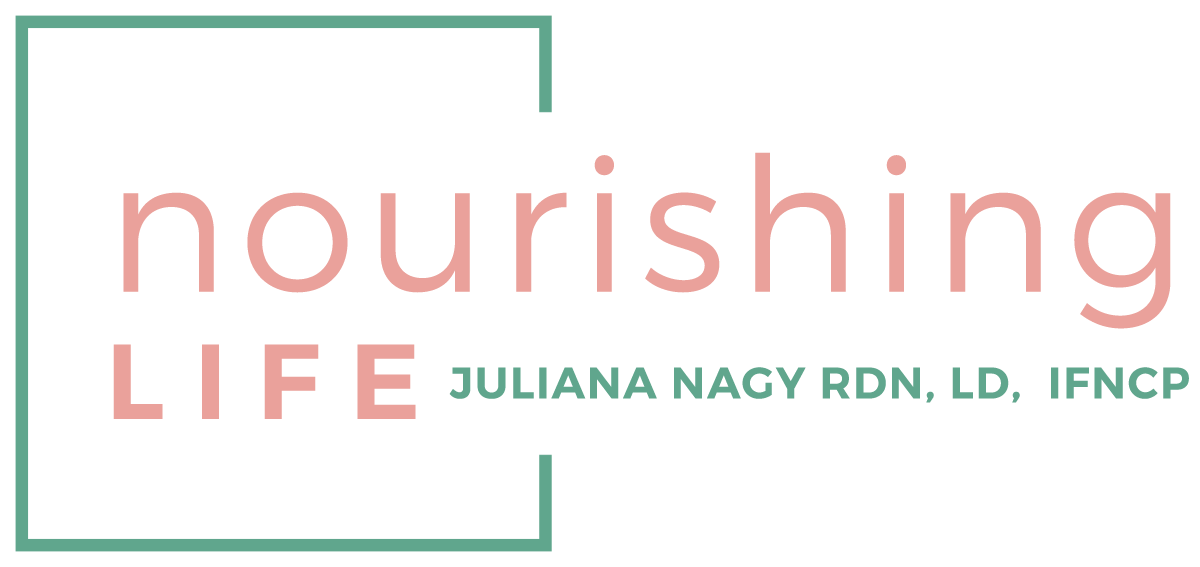Bloating, gas, cramps, stomach aches, and pains are conditions that I’m all too familiar with hearing about from my clients. Many clients schedule an appointment to help figure out what’s causing their issues. They wonder if it’s related to food or maybe something even more severe.
The term gastritis is used in the medical profession to refer to inflammation, irritation or erosion of the lining of the stomach. Symptoms of gastritis include: abdominal bloating, abdominal pain, indigestion, hiccups, vomiting, and loss of appetite. Usually, when a client is talking to me about stomach issues, they are describing one or all of the above.
In most of my newsletters, I focus on the positive things first. I like you to know what you CAN do to change your health and well-being. However, I also believe knowledge is power. Being aware and informed on what’s hurting your gut is just as important as knowing how you can heal and repair it.
Here are a few of the most common nutrition and lifestyle factors that contribute to stomach pains such as: bloating, gas, nausea, loss of appetite, heartburn and more.
Non-Steroidal Anti-Inflammatory Drugs (NSAIDs). While there is a time to take NSAIDs, they are not intended for long term use. Side effects can include: heartburn, gas, stomach pain, feeling bloated, nausea, vomiting, diarrhea and constipation. If you experience any of these symptoms, discuss with your physician and treatment team. Common NSAIDs including: aspirin, Celebrex, Voltaren, ibuprofen, Motrin, Advil, Aleve, and Naprosyn.
Sugar and Refined Flours. Excessive intake of sugar and refined flour can cause inflammation in the body and promote the growth of unhealthy gut bacteria.
Alcohol. Alcohol, even small to modest amounts, causes your stomach to produce more acid than usual. Over time, this can cause inflammation of the stomach lining and lead to gastritis.
Excessive Coffee Consumption. Not only is coffee high in caffeine, but it’s also acidic, causing the stomach to produce hydrochloric acid (HCL), which can contribute to heartburn and indigestion. If you find yourself experiencing some of these issues, reduce or eliminate coffee intake until symptoms subside.
Stress. While stress does not actually cause gastritis, it can make things worse. It is important to find healthy ways to manage stress throughout life.
While there is no magic wand to cure stomach troubles, there are several food and lifestyle choices that can trigger an unsettled gut. This month, I’m sharing what foods can damage the lining of your gut as well as some simple and realistic solutions to help heal and repair. If you have been wondering if it’s your food or maybe something more serious causing your chronic stomach issues, let’s schedule a consult!

